Environmental Considerations
Environmental concerns can have a significant impact on the usability, value, and future of a property. In this section, we guide you through key checks to ensure the property isn’t affected by issues such as soil contamination, flood risks, or other environmental hazards.

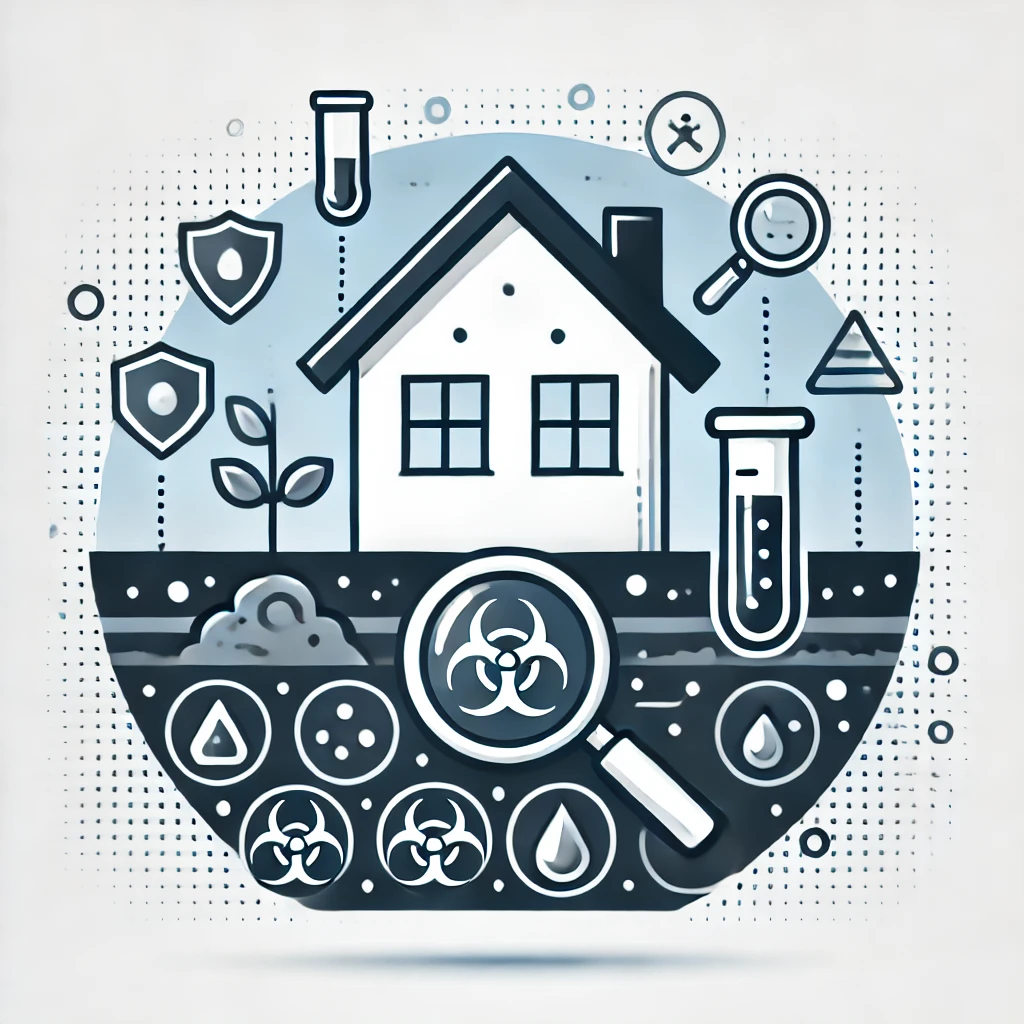
Soil Contamination Checks — Confirm that the soil is free of hazardous materials (heavy metals, chemicals, etc.).
Why It Matters: Contamination can reduce property value and require costly cleanup.
Helpful Resource:
EPA Soil Contamination Info
Who to Talk To: Environmental experts for proper soil testing
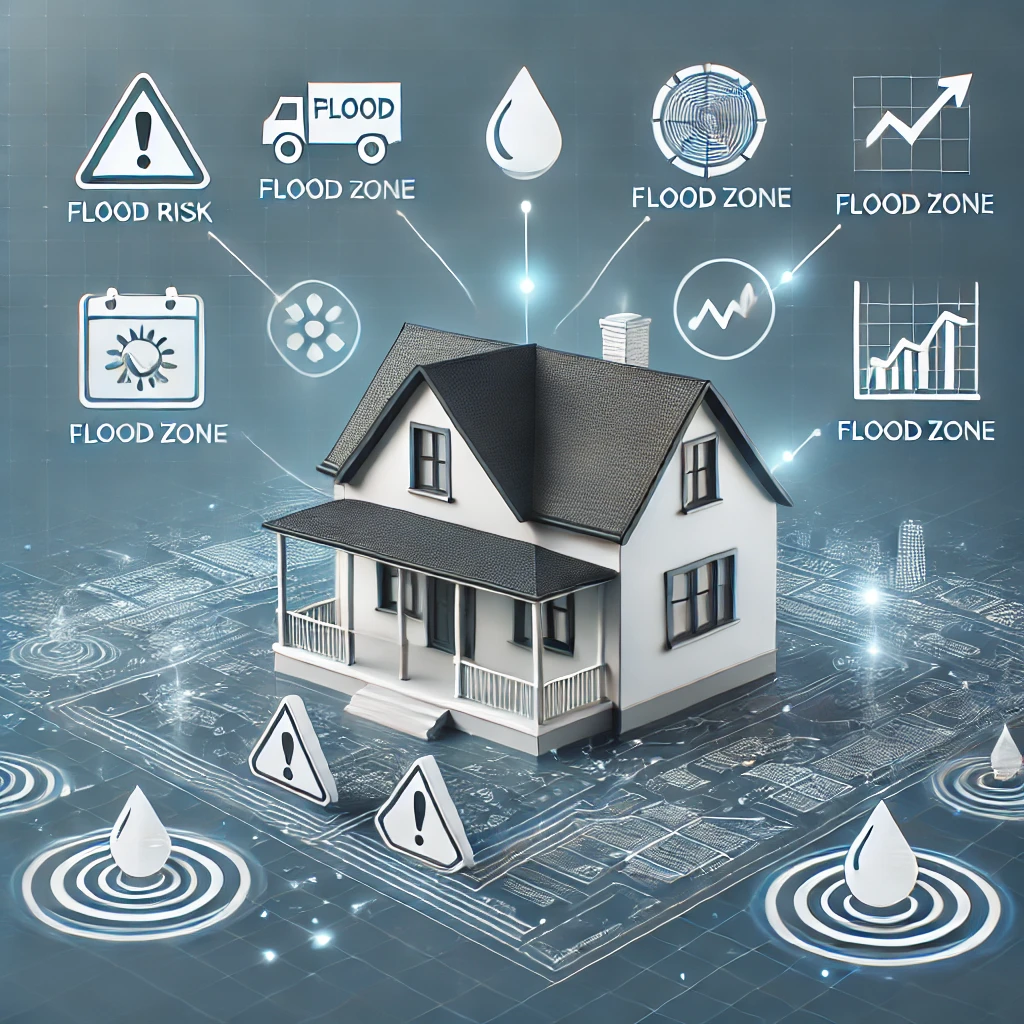
Flood Risk Assessment — Determine if the property lies in a flood zone or has a history of flooding.
Why It Matters: Flood damage can be devastating and affect insurance, resale, and safety.
Helpful Resource:
FEMA Flood Maps
Who to Talk To: Local authorities or environmental engineers
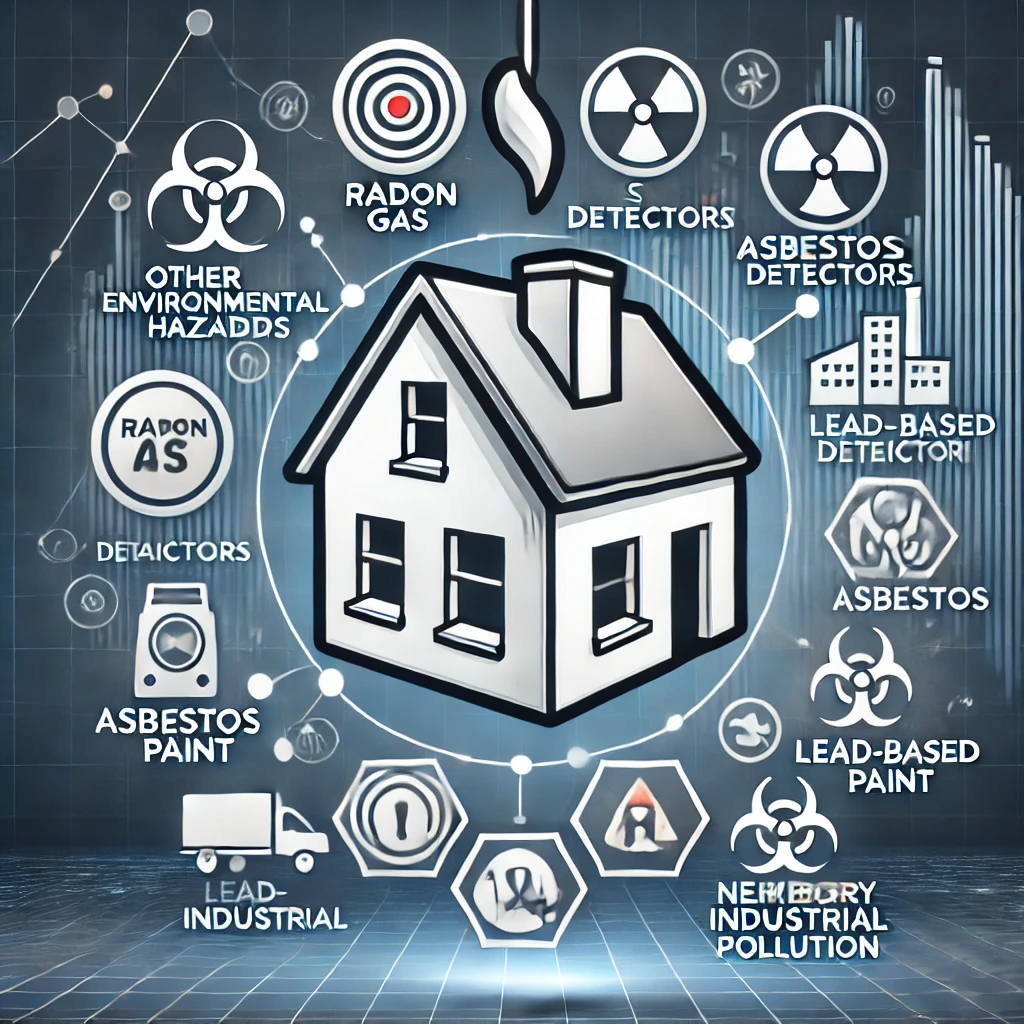
Check for Other Environmental Hazards — This includes radon, asbestos, lead-based paint, or pollution from nearby industry.
Why It Matters: Hazardous materials can pose health risks and potential legal liabilities.
Helpful Resource:
EPA Indoor Air Quality
Who to Talk To: Environmental specialists for testing & remediation
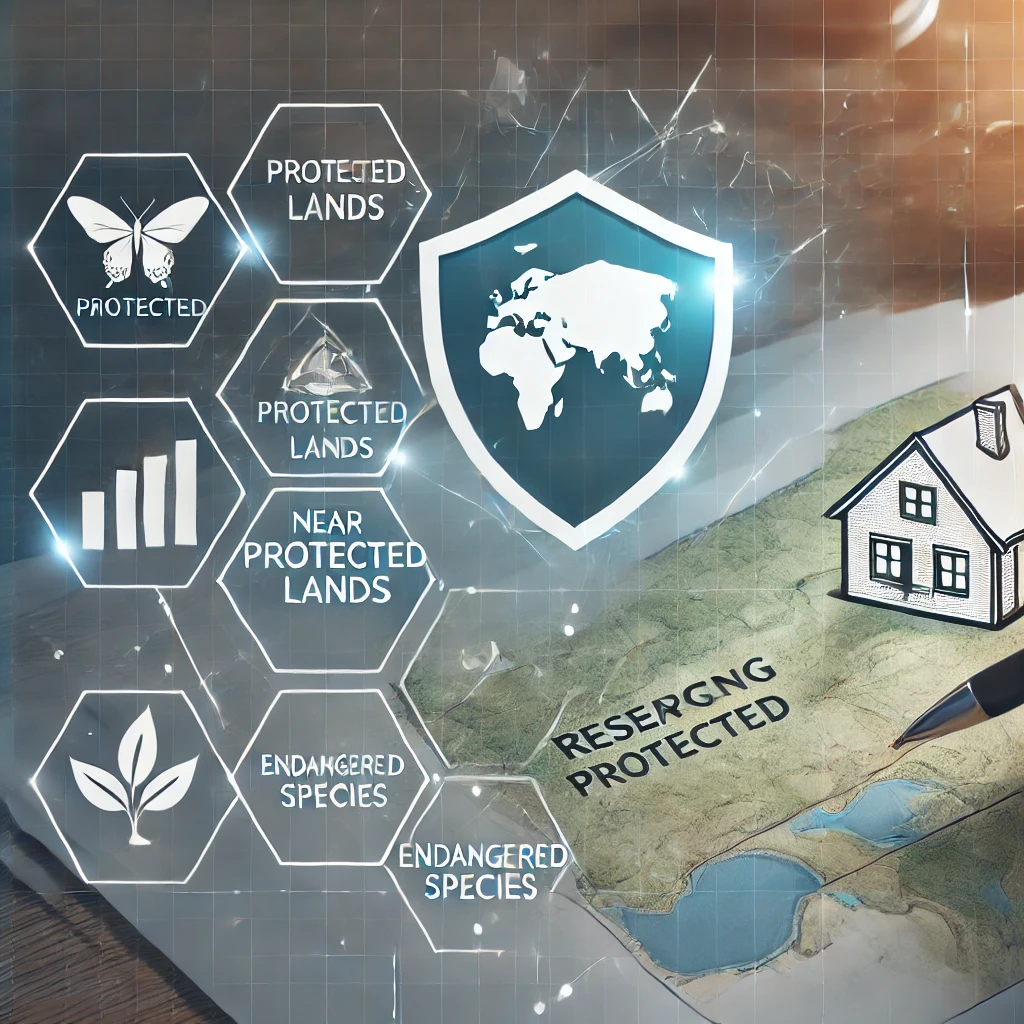
Research Protected Lands or Endangered Species — Check if the property is subject to environmental restrictions or special habitats.
Why It Matters: Development can be limited near protected areas or threatened species habitats.
Helpful Resource:
US Fish & Wildlife Service
Who to Talk To: Local zoning authorities or environmental organizations
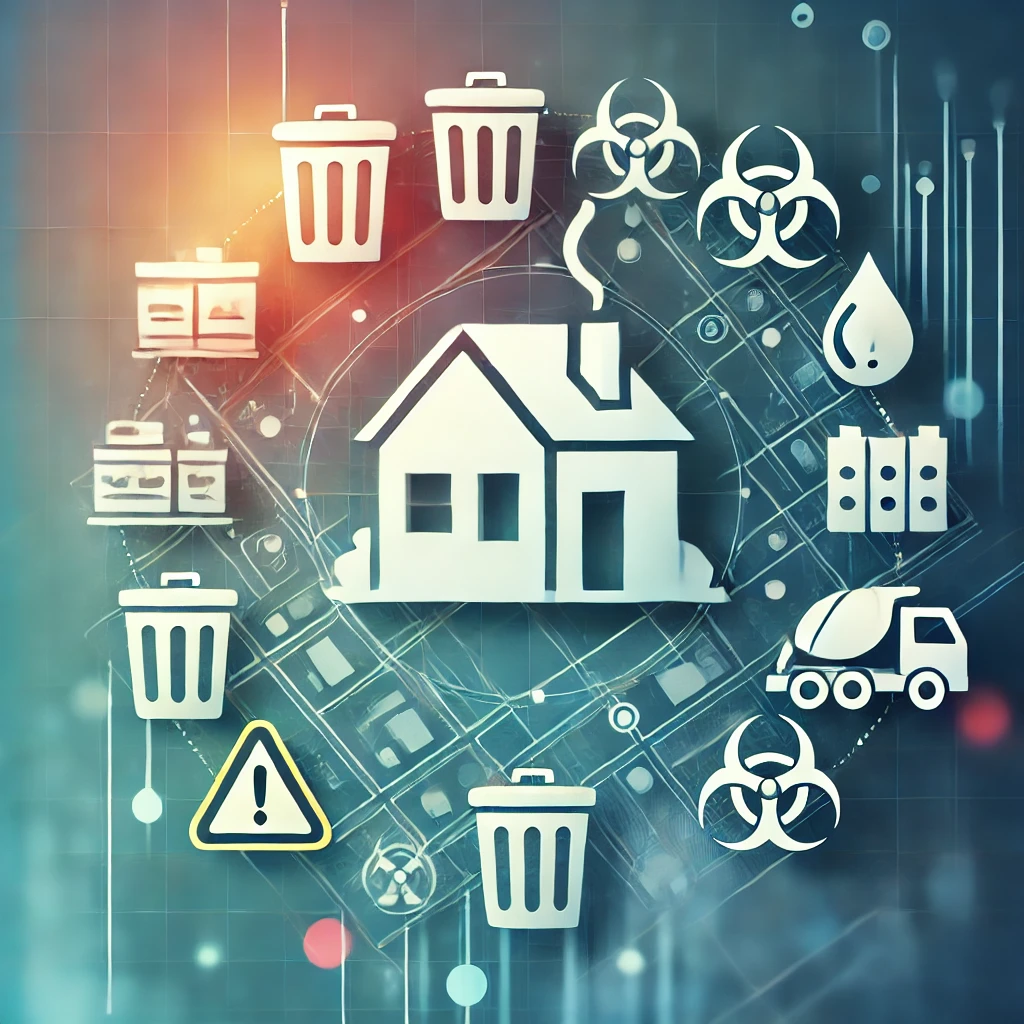
Waste Management & Hazardous Waste Sites — Find out if the property is near landfills or hazardous waste facilities that could affect its value.
Why It Matters: Proximity to waste sites can lower property value and pose health risks.
Helpful Resource:
EPA Hazardous Waste Info
Who to Talk To: Environmental lawyers or cleanup experts for advice





